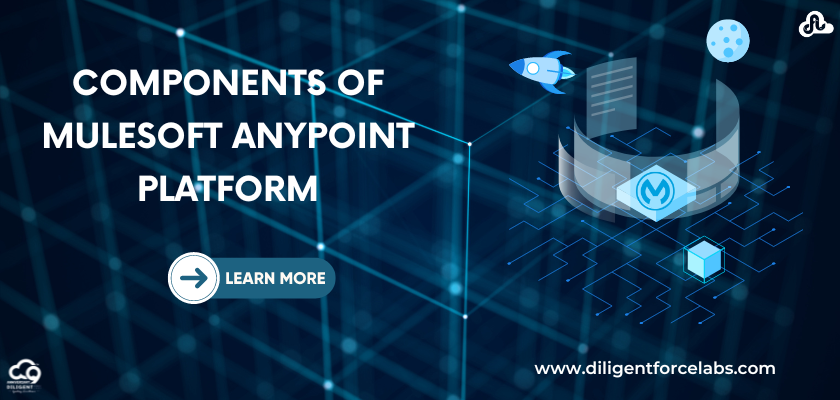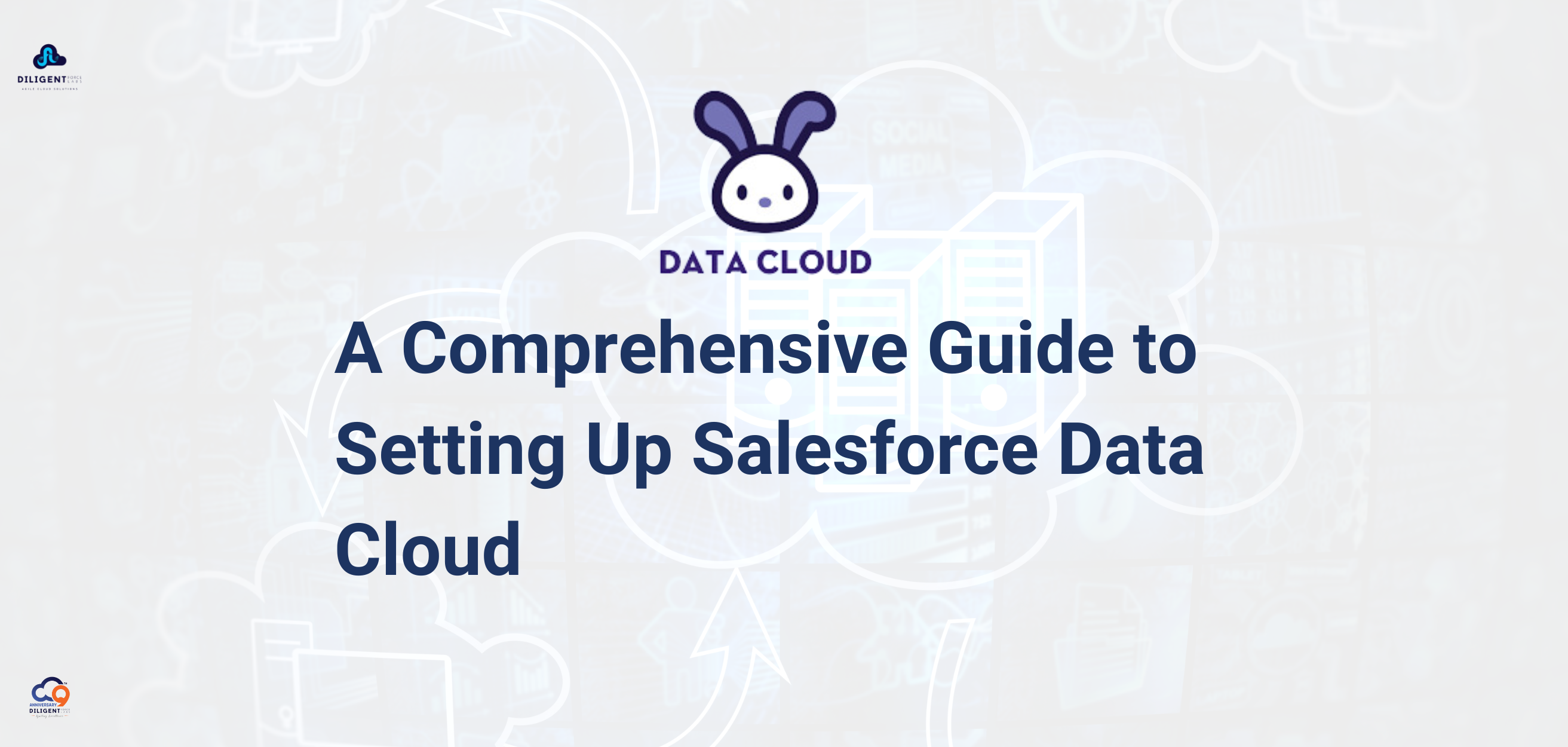The MuleSoft Anypoint Platform is a set of tools designed to allow seamless API-led connectivity. It contains several key components. Every component has a unique purpose in creating an interconnected network of applications, data, and devices.
1. Mule Runtime Engine:
The Mule Runtime Engine is the key to the Anypoint Platform. It is an integration runtime engine that executes the integrations and APIs anywhere, using a single codebase. This engine simplifies the exchanging data between different types of applications, and supporting efficient business operations.
2.Anypoint Studio:
Anypoint Studio is a development environment where developers can design and build integrations and APIs. It offers a variety of tools and pre-configured templates that make the development process with built-in support for Maven and Jenkins to integrate enterprise operations into CI/CD pipelines.
3. Anypoint Connectors:
Anypoint Connectors are pre-configured solutions that provide instant API connectivity to popular business applications and services. These simplifies the development to quickly integrate applications into their business processes without the need of custom coding.
4.Anypoint Design Center:
Anypoint Design Center is a platform where developers can build, test, and publish APIs. It provides a set of tools and features that simplify the API development process, including automatic data transformation and API test capabilities.
5.Anypoint Management Center:
Anypoint Management Center provides a set of tools for analyzing and monitoring APIs. Developers can monitor their APIs and integrations in real-time, and identify issues and resolve them quickly.
6.Anypoint Exchange:
Anypoint Exchange is a marketplace. Here, developers can share and reuse APIs, connectors, templates, and other integration assets.

7.Anypoint Security:
Anypoint Security offers out-of-the-box compliance for various regulations and standards. Developers can protect sensitive data and secure the data, APIs, microservices, integrations and other integration assets with it.
8. API Manager:
API Manager allows developers to manage and govern the APIs. It offers a centralized interface. Developers can apply policies, view analytics, and control access to APIs at that interface.
9. Runtime Manager:
Runtime Manager offers a console for managing and monitoring applications deployed through Anypoint Platform. It provides features such as application deployment, monitoring and diagnostics.
10. Anypoint Visualizer:
Visualizer offers a graphical representation of the application network. Developers can visualize and monitor the performance of their APIs and integrations with it. And It helps developers to understand the dependencies and the structure of their application network.
11. Anypoint Datagraph:
Anypoint Datagraph offers developers to unify their data from different APIs into a single graph. It makes the process of accessing data from multiple sources easy, by improving the efficiency of data manipulation and retrieval.
12. Anypoint Code Builder:
This is a low-code development environment. Developers can build integrations and APIs easily and quickly. It offers a range of pre-built templates and drag-and-drop components, making development easy to make custom solutions.
Mulesoft Anypoint Platform is a comprehensive set of tools and services that enable organizations to simplify their operations and improve connectivity. Its components offer a unified solution for API management, integrations and process automation.
Recent Post
15, Jul, 2024 | By Mahesh Siddireddy

09, Jul, 2024 | By Mahesh Siddireddy

How we can help you!
Contact UsJust Connect With Us!
Our team of certified Salesforce and ServiceNow consultants is standing by to offer answers, ideas and solutions.


